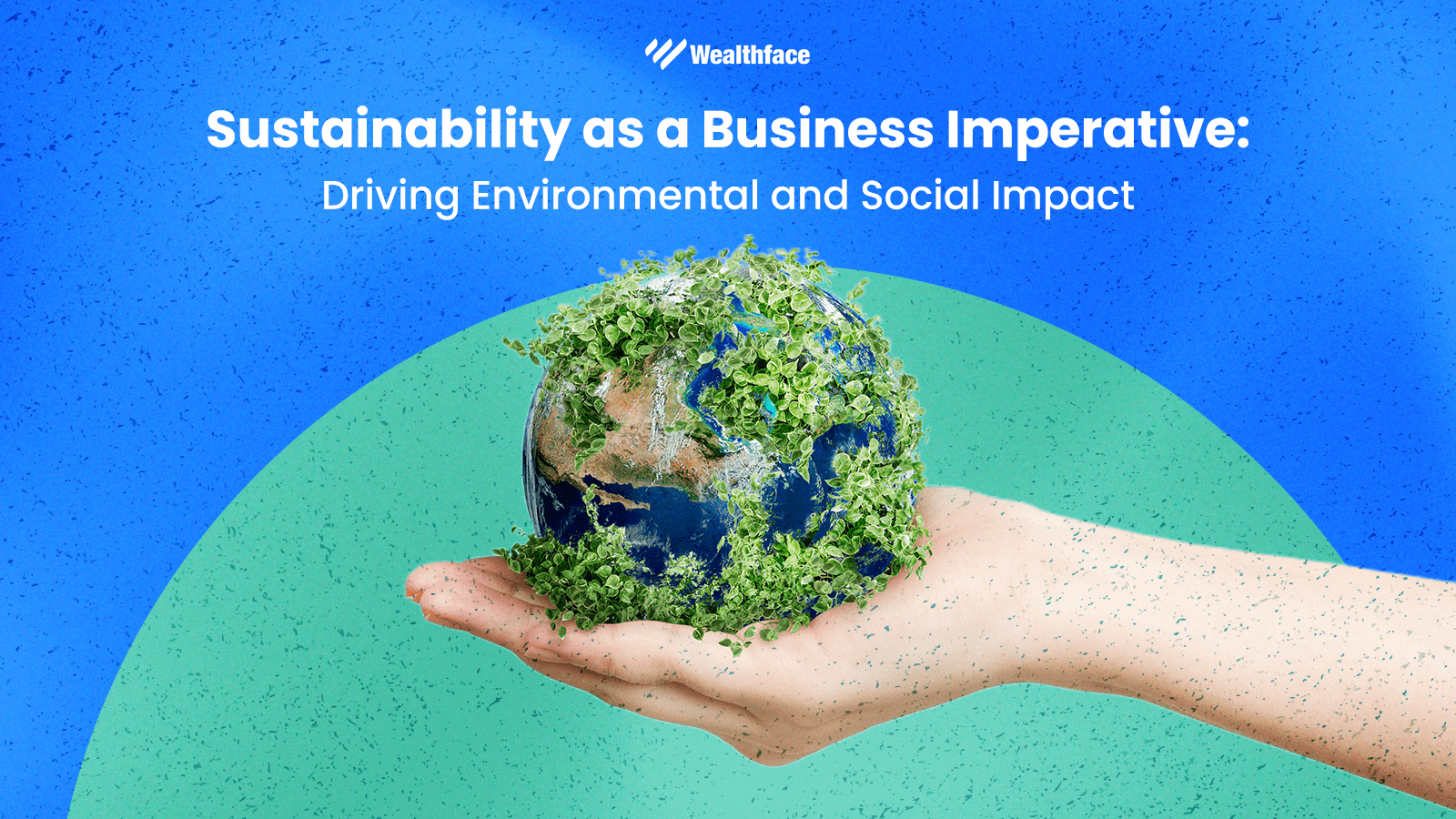
Sustainability as a Business Imperative: Driving Environmental and Social Impact

Successful sustainability programs encompass various environmental and social dimensions. Key aspects include reducing energy consumption and greenhouse gas emissions. Organizations must develop strategic approaches to address challenges such as mobile device recycling and vehicle emissions reduction.
1- Assessing Carbon Footprint
To minimize environmental impact, companies need to identify the behaviors that contribute the most to their carbon footprint. This involves accounting for both direct and indirect influences across the value chain, including transportation of goods, staff commuting, and downstream operations. Opportunities for carbon footprint offsetting can be found in areas such as product distribution and end-of-life treatment.
2- The Recycling Potential of Company-Provided Devices
Company-provided devices have become essential in remote and hybrid work settings. Proper disposal and recycling of these devices can have a substantial environmental impact by reducing the need for raw materials. Recycling one million smartphones, for example, can recover approximately 35,000 pounds of copper, which can be reused in the production of new devices.
3- Reducing Vehicle Emissions for Business Fleets and Drivers
Businesses that rely on heavy trucks contribute significantly to greenhouse gas emissions. Replacing conventional trucks with hybrid vehicles can significantly reduce carbon footprints, with hybrids consuming around 30% less gasoline. Transitioning to hybrid fleets, as demonstrated by companies like Coca-Cola, can lead to significant emissions reductions.
Successful Examples of Companies Integrating Environmental and Social Responsibility
Several companies have successfully integrated environmental and social responsibility into their core strategies:
| Patagonia | Showcases a commitment to sustainability by using recycled materials, reducing water usage, and supporting grassroots environmental organizations through their “1% for the Planet” program. |
| Unilever | Demonstrates a comprehensive approach to sustainability through initiatives focused on smallholder farmers, greenhouse gas reduction, sustainable sourcing, and social support. |
| Tesla | Exemplifies a commitment to sustainable transportation and clean energy adoption through innovative electric vehicles and renewable energy solutions. |
| Interface | Aims to eliminate any negative environmental impact through their “Mission Zero” strategy, focusing on reducing greenhouse gas emissions, waste generation, and utilizing renewable materials. |
Bottom Line
Sustainability is no longer a choice but a business imperative. By addressing environmental, social, economic, moral, and ethical aspects of sustainability, businesses can drive positive change and contribute to a more sustainable world.
Embracing an expanded definition of sustainability and integrating it into core strategies will position brands for long-term success. Let’s work together to create a more sustainable and resilient future.




